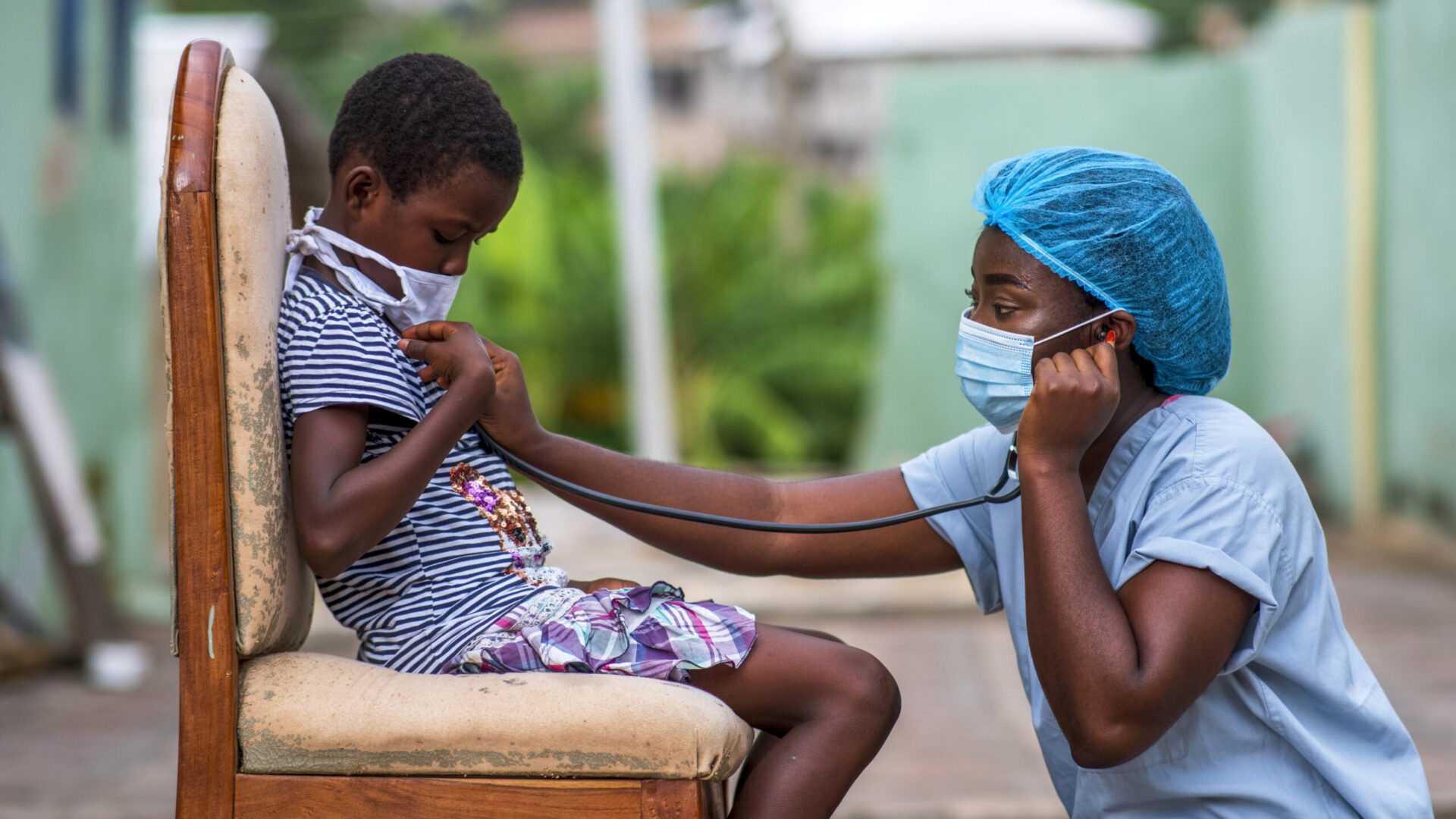In April of 2021, the US approached 31.7 million total COVID-19 cases, making it the country with the highest number of COVID-19 cases in the world. However, even well over a year into the pandemic, prevalent American viewpoints continue to reinforce the belief that this extreme tragedy and sickness can only be found in “poor and developing” countries, such as those in Africa. This is a colonialist and anti-Black public health narrative that not only negatively affects our perception of the public health needs of non-Western countries, but also obscures the reality of public health needs of our own country, increasing suffering and death in this pandemic.
In late January 2020, Forbes published an infographic color-coding countries by how prepared they are for an epidemic. North America and European countries, notably the US and the UK, are labeled as “best” prepared. In contrast, predominantly African countries, particularly Equatorial New Guinea and Somalia, are designated as “worst” prepared. In an interview with CNN in April 2020, philanthropist Melinda Gates predicts that the pandemic is “going to be horrible in the developing world,” and that we are going to see “bodies out on the street” in African countries. A Science Magazine headline from August 2020, four months later, reads “The pandemic appears to have spared Africa so far. Scientists are struggling to explain why.” This headline indicates that the author’s expectation was for the pandemic to have a greater negative impact on Africa than on other continents.
Image Source: Robert Daly
Caleb Okereke is a Nigerian journalist, and Kelsey Nielsen is a co-founder of the Uganda-based anti-racist advocacy campaign No White Saviors. In “The Problem with Predicting Coronavirus Apocalypse in Africa,” a piece they co-author for Al Jazeera, they point out how assumptions that the pandemic would have the worst effects on African countries disregard current African epidemiological efforts. These efforts include Senegal’s ongoing development of a $1 COVID-19 testing kit, Mauritius’ mobilization of healthcare facilities, and Somalia’s send-off of 20 volunteering doctors to COVID-stricken Italy. Currently, South Africa is recorded as having over 1.5 million COVID-19 cases, making it the country with the most cases out of the entire African continent. The fact that COVID-19 cases in Western nations like the US and the UK are up to over 19 times higher – 31.67 million and 4.39 million, respectively – only continues to subvert the Western narrative that African countries collectively and automatically need the most charity and attention during public health crises.
Image Source: Liba Taylor
“The view that all Africans think the same way and that all African countries will suffer the same fate is deeply rooted in colonial ideology, which dismisses an entire continent as inherently backward and dysfunctional,” Okereke and Nielsen write. “The legacy of colonialism has perpetuated the lie that Black bodies are to be pitied and to exclusively be the recipients of aid.”
It is imperative that Westerners actively combat these colonialist and anti-Black narratives, and recognize African countries as capable, unique, and nuanced entities, regardless of the presence of an ongoing pandemic. Doing so allows us to invest and refocus our time and resources where they should be: on ongoing African epidemiological efforts, and on addressing the much higher amount of COVID-19 cases in Western nations.
Featured Image Source: Wirestock










